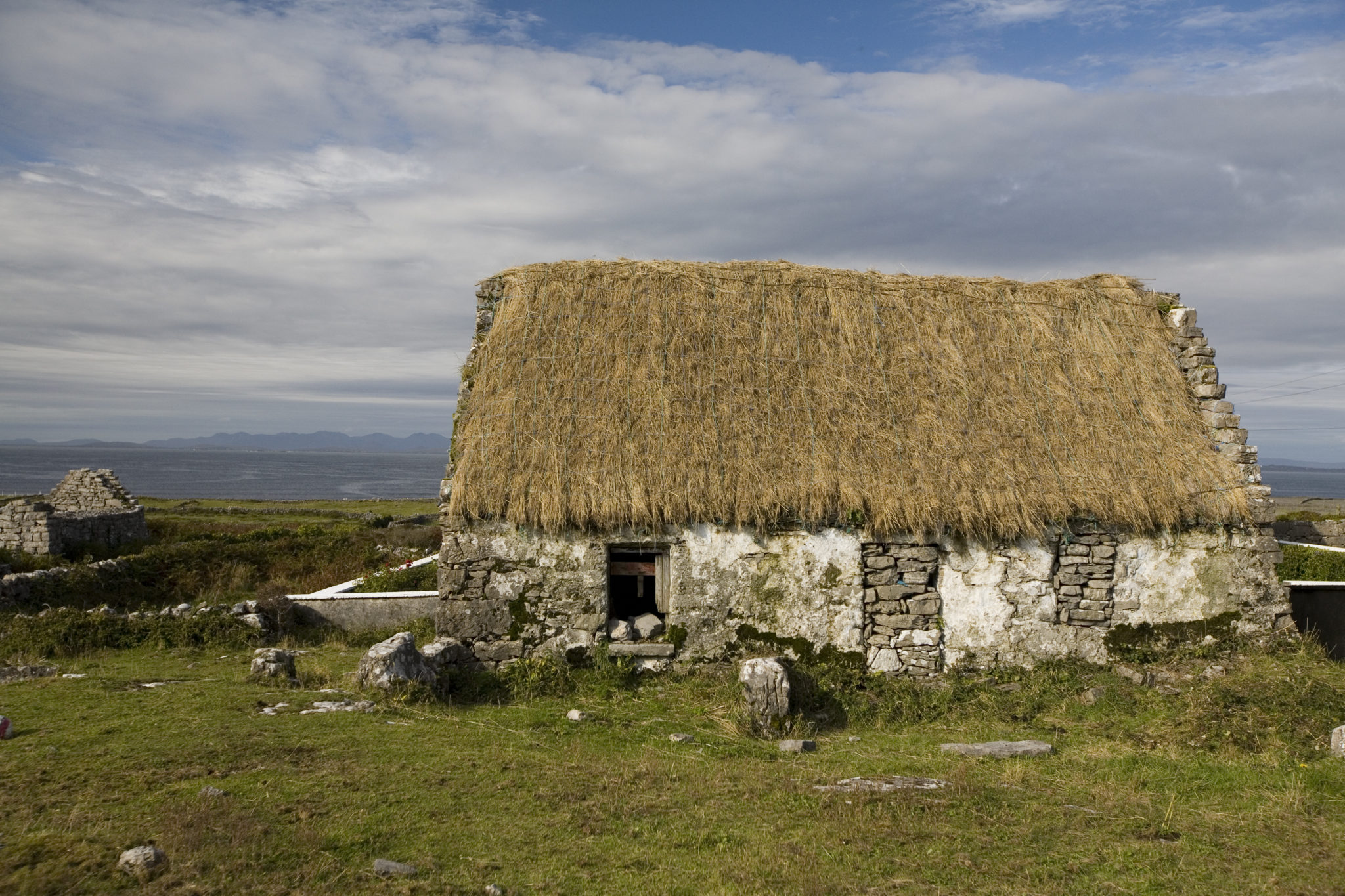Woman off grid living: Imagine a life unbound by societal norms, a life powered by resilience and ingenuity. It’s a journey of self-discovery, a testament to human adaptability, and a bold embrace of independence. This isn’t just about surviving; it’s about thriving in harmony with nature, creating a life deeply connected to the earth and fueled by a passion for self-sufficiency.
This exploration delves into the unique challenges and triumphs faced by women who choose this extraordinary path, showcasing their strength, resourcefulness, and unwavering spirit.
From mastering essential survival skills like building shelters and purifying water to navigating the complexities of social isolation and securing healthcare, women forging off-grid lives face unique obstacles. But they also discover an unparalleled sense of freedom, a deep connection to the natural world, and the immense satisfaction of building a life entirely on their own terms. This journey unravels the realities of this lifestyle, highlighting both the difficulties and the remarkable rewards.
Health and Wellbeing Considerations for Women Off-Grid: Woman Off Grid Living
Embracing an off-grid lifestyle offers unparalleled freedom and connection with nature, but it also presents unique challenges, particularly for women. Maintaining optimal health and wellbeing in remote locations requires proactive planning, resourcefulness, and a comprehensive understanding of potential risks and preventative measures. This section delves into the specific healthcare needs of women in isolated settings, providing practical strategies for physical and mental wellness.
Unique Healthcare Needs of Women in Remote Locations
Access to regular medical check-ups and specialized care, readily available in urban areas, is significantly limited in off-grid settings. This poses particular challenges for women’s health, including reproductive health, prenatal care, and managing chronic conditions. The absence of readily available pharmaceuticals and medical professionals necessitates a heightened focus on preventative care and self-sufficiency. Furthermore, the physical demands of off-grid living, such as heavy lifting and strenuous physical activity, can impact women’s bodies differently than men’s, requiring additional attention to injury prevention and recovery.
Maintaining Physical Wellbeing in Isolated Environments, Woman off grid living
Physical wellbeing in off-grid environments relies heavily on preventative measures. A balanced diet rich in locally sourced, nutrient-dense foods is paramount. This might involve cultivating a garden, preserving food, and raising livestock, requiring considerable physical effort and planning. Regular physical activity, adapted to the environment and individual capabilities, is crucial for maintaining strength, cardiovascular health, and overall fitness.
This could involve hiking, foraging, or engaging in tasks inherent to off-grid living. Proper hydration is also essential, especially in hot climates. A robust first-aid kit containing essential medications and supplies for common injuries and ailments is indispensable. Regular self-examinations and prompt attention to any health concerns are vital in the absence of immediate medical access.
Preventative Healthcare Practices for Off-Grid Living
A proactive approach to healthcare is vital. This includes regular self-exams for breast and cervical cancer, understanding and managing menstrual cycles, and practicing safe sex to prevent sexually transmitted infections. Immunizations against preventable diseases should be up-to-date before moving off-grid. Practicing good hygiene, including proper sanitation and water purification, is crucial in preventing infectious diseases. Stocking a comprehensive first-aid kit, including pain relievers, antiseptics, bandages, and any personal medications, is essential.
Learning basic first aid and wilderness survival skills is highly recommended. Regular dental hygiene, including proper brushing and flossing, is also crucial, as dental issues can become significant problems without easy access to dental care.
Mental Health Support and Resources for Women in Isolated Areas
Maintaining mental wellbeing is as crucial as physical health, especially in isolated environments. Loneliness and social isolation are significant risks. Maintaining regular contact with loved ones through communication technology, such as satellite phones or ham radios, is vital. Developing strong support networks with other off-grid communities or individuals can provide invaluable emotional support. Practicing mindfulness, meditation, or other stress-reduction techniques can help manage anxiety and stress.
Access to online mental health resources and telehealth services, where available, can provide additional support. Recognizing the signs of mental health challenges and seeking help when needed is critical. Having a pre-established plan for accessing mental health support, including contact information for professionals or support groups, is crucial.
Accessing Emergency Medical Care in an Off-Grid Setting
Establishing a robust emergency plan is paramount. This involves identifying the nearest medical facilities and outlining the quickest and safest routes to reach them. Pre-arranging transportation, such as a pre-paid air ambulance service or having a reliable vehicle and communication system, is essential. Informing trusted individuals of your location and planned activities can help expedite rescue efforts in emergencies.
Keeping a detailed medical history readily available, including allergies and pre-existing conditions, is also crucial. A comprehensive first-aid kit and the knowledge to use it effectively can be life-saving in emergencies. Knowing how to communicate effectively during an emergency, whether via satellite phone, radio, or other means, is vital to ensure timely assistance.
Technological Adaptations and Innovations for Women in Off-Grid Living

Embracing technology is not a luxury but a necessity for women thriving in off-grid environments. It significantly enhances safety, efficiency, and overall quality of life, allowing them to overcome the challenges inherent in remote living and build sustainable, empowered communities. The strategic integration of appropriate technologies empowers women to participate fully in all aspects of their lives, from managing resources to connecting with the wider world.
Safety and Efficiency Enhancing Technologies
Several technological advancements directly improve the safety and efficiency of daily tasks for women living off-grid. Solar-powered security lighting systems, for example, deter intruders and provide much-needed illumination after dark. Similarly, personal safety devices, such as satellite phones with GPS tracking capabilities, offer a lifeline in emergencies. Efficient water pumps powered by renewable energy sources reduce the physical strain of water collection, freeing up time and energy for other essential tasks.
Automated irrigation systems using sensors and timers conserve water and reduce the labor involved in tending crops.
Renewable Energy Sources Empowering Women
Access to reliable and sustainable energy is transformative for women in off-grid settings. Solar panels, wind turbines, and small-scale hydropower systems provide electricity for lighting, cooking, and powering essential appliances. This reduces reliance on dangerous and inefficient fuel sources like kerosene, improving indoor air quality and reducing the risk of fire. Moreover, renewable energy enables women to engage in income-generating activities, such as small-scale businesses that require electricity, fostering economic independence and community development.
For instance, a woman in rural Kenya using solar power to run a small shop has increased her income and empowered her to provide better education for her children.
Communication and Connectivity Solutions
Maintaining communication and connectivity in remote areas is crucial for women’s well-being and safety. Satellite phones provide reliable communication even in areas with no cell service, enabling access to emergency services and connecting with family and friends. Mesh networks, which use a series of interconnected devices to create a local network, can extend internet access in remote communities. Furthermore, the increasing affordability and availability of low-earth orbit (LEO) satellite internet services offer broader connectivity options, facilitating access to information, education, and healthcare resources.
A successful example is a remote village in the Amazon using LEO satellites to access online educational resources for their children.
Water Purification and Food Preservation Technologies
Access to safe drinking water and effective food preservation methods are essential for health and well-being. Solar water disinfection (SODIS) uses sunlight to purify water, eliminating harmful bacteria and viruses. Water filters, utilizing various technologies such as ceramic filtration or UV sterilization, offer alternative purification methods. For food preservation, solar dehydrators extend the shelf life of fruits and vegetables, reducing food waste and improving food security.
Refrigeration using solar-powered systems helps preserve perishable goods, especially in warmer climates. The impact is clear: reduced food spoilage leads to less waste and better nutrition.
Improving Access to Information and Education
Technology plays a pivotal role in bridging the information gap for women in remote areas. E-readers loaded with educational materials provide access to books and learning resources without the need for internet connectivity. Educational apps on tablets or smartphones can deliver lessons on various topics, from literacy and numeracy to health and agriculture. Online courses and distance learning programs offer opportunities for continued education and skill development.
The combination of these technological tools significantly enhances educational opportunities and empowers women with knowledge and skills. A successful example is a program in rural India where women use tablets to learn about sustainable farming techniques, improving their agricultural yields and livelihoods.
The path of woman off grid living is not for the faint of heart, but for those who embrace the challenge, the rewards are immeasurable. It’s a testament to human resilience, a celebration of self-reliance, and a powerful statement about the strength and resourcefulness of women. By sharing their stories, we hope to inspire, inform, and empower others to explore their own potential for a life lived authentically, on their own terms, in harmony with the natural world.
The journey is demanding, yet the freedom and self-discovery are transformative.
Understand how the union of internet for off grid living can improve efficiency and productivity.



